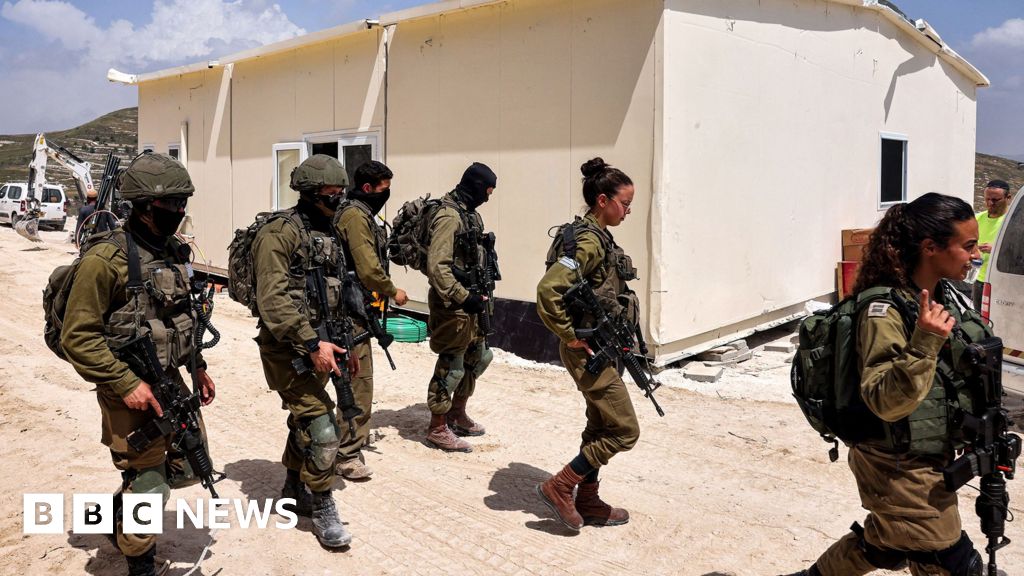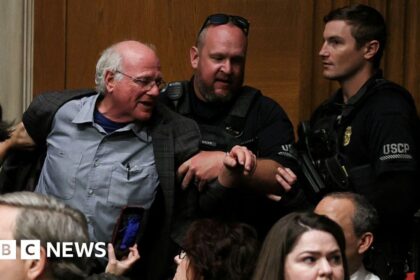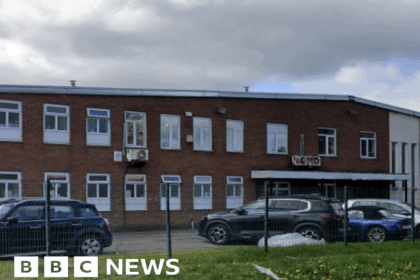**Israel Approves Largest Expansion of Jewish Settlements in Decades**
The Israeli government has approved the construction of 22 new Jewish settlements in the occupied West Bank, marking the largest expansion of settlements in decades. This move has been widely condemned by Palestinians and international leaders as a significant obstacle to peace.
According to Israeli ministers, some of the new settlements are brand new, while others were previously unauthorized outposts that have now been legalized under Israeli law. The decision was hailed by right-wing politicians as a “strategic move” that will prevent a Palestinian state from being established in the West Bank.
However, critics argue that this expansion is a further entrenchment of Israel’s occupation of the West Bank and a blow to efforts to revive a two-state solution to the Israeli-Palestinian conflict. Peace Now, an Israeli anti-settlement group, warned that the move would “dramatically transform” the West Bank and make it more difficult for Palestinians to establish their own state.
**International Reaction**
The international community has condemned Israel’s decision as a flagrant violation of international law. Jordan’s Foreign Ministry called it a “deliberate obstacle to Palestinian statehood,” while the UK’s Foreign Office Minister, Hamish Falconer, said it was a “deliberate attempt to undermine peace prospects.”
The UN’s highest court, the International Court of Justice, had previously ruled that Israeli settlements in the West Bank were established and maintained in violation of international law. The court also stated that Israel must evacuate all settlers from the occupied territory.
**Settlement Expansion Under Netanyahu**
This latest move is part of a broader trend of settlement expansion under the current Israeli government, led by Benjamin Netanyahu. Since taking office, the government has decided to establish 49 new settlements and legalize seven unauthorized outposts as “neighborhoods” of existing settlements.
Critics argue that this expansion is a clear indication of Israel’s intention to annex the West Bank and create a de facto one-state solution, rather than pursuing a two-state solution with Palestine. As one Israeli journalist noted, between 70% and 80% of ministers now support declaring formal annexation of the West Bank.
**Impact on Peace Process**
The approval of new settlements is likely to have significant consequences for the peace process. A French-Saudi Summit planned at the UN headquarters in New York next month was expected to discuss ways to revive momentum towards a two-state solution, but this move has now cast a shadow over those efforts.
As one Palestinian official put it, Israel’s decision is a “dangerous escalation” that will drag the region into a cycle of violence and instability. The approval of new settlements will further entrench the occupation and make it more difficult for Palestinians to establish their own state.
**Conclusion**
The approval of 22 new Jewish settlements in the occupied West Bank marks a significant blow to efforts to revive a two-state solution to the Israeli-Palestinian conflict. This move has been widely condemned by Palestinians, international leaders, and human rights organizations as a flagrant violation of international law.
As tensions continue to rise between Israel and Palestine, it remains to be seen whether this latest move will be a turning point in the peace process or simply another step towards further entrenchment of the occupation.












